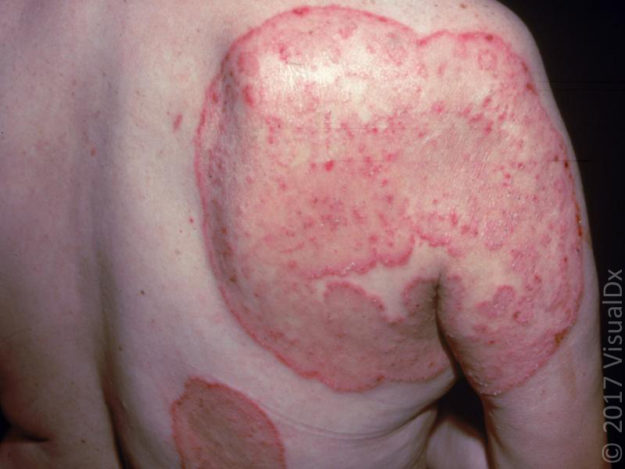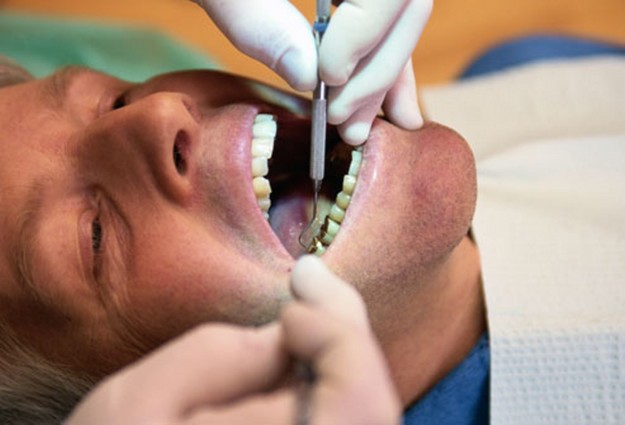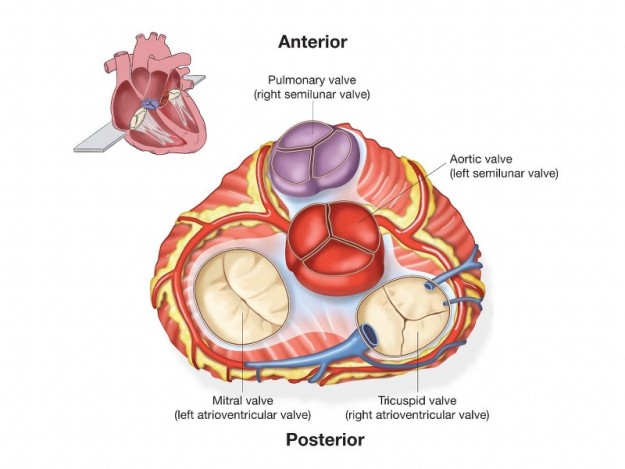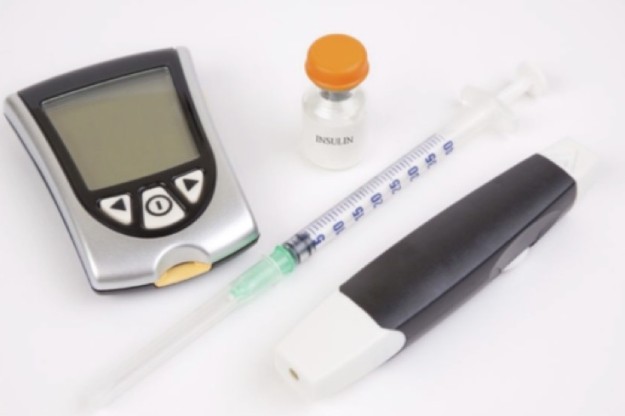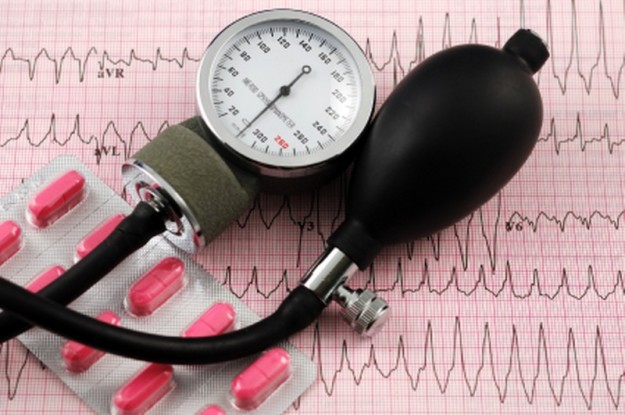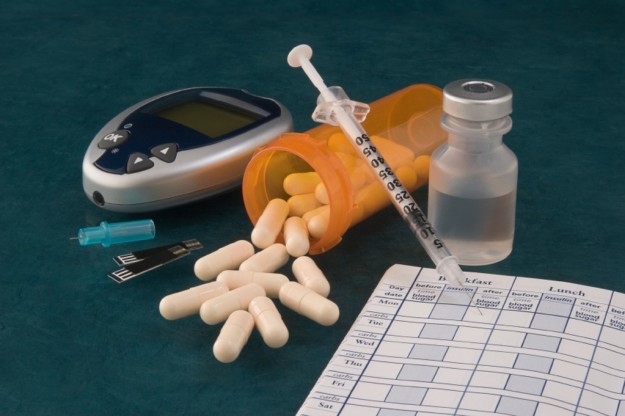Skin Assessment I for the Correctional Nurse 2.0 Continuing Education Hours In the general public, 20-30% of the population suffer from skin diseases. In addition, 10% have disease so serious that it interferes with their activities of daily living. Because skin conditions are typically visible, patients may experience greater embarrassment, stigma and even ostracism. This…
Self-Care for the Correctional Nurse 2.0 Continuing Education Hours All nursing is stressful and correctional nursing is no exception. Delivering patient care in a secure environment to a challenging patient population can be draining. Many nurses are other-centered and focus on the needs of others to the detriment of their own health. Besides work stress…
Systemic Lupus Erythematosus for the Correctional Nurse 2.0 Continuing Education Hours Systemic Lupus Erythematosus (SLE) is a chronic, inflammatory disease of unknown cause that can affect virtually every organ. Immunologic abnormalities, particularly the generation of autoantibodies, are another key feature of the disease. It typically follows a remission and relapsing disease pattern. More than 90%…
Common Mental Health Disorders for the Correctional Nurse 2.0 Continuing Education Hours Estimates are that nearly 25% of inmates have a serious mental illness, while over half report at least one mental condition (Baillargeon, Binswanger, Penn, Williams, & Murray, 2009). Even if you are providing nursing care for a medical condition, a co-occurring mental health…
Women’s Health Issues for the Correctional Nurse 3.0 Continuing Education Hours The number of incarcerated women is higher today than at any time in U.S. history, bringing unique challenges to correctional healthcare. Beyond pregnancy, women face significant health issues that are often overlooked in facilities designed primarily for men. This course explores gynecological conditions, menstrual…
Dental Concepts for the Correctional Nurse 2.0 Continuing Education Hours Managing dental conditions is not a part of most nursing positions and little dental training is provided in nursing school. However, correctional nurses are most often the first care provider to evaluate a dental complaint and make determinations regarding referrals for treatment and urgency of…
A Cardiac Primer for the Correctional Nurse: Heart Sounds and Murmurs 3.0 Continuing Education Hours In 2015, the Department of Justice Bureau of Statistics published the latest Special Report of Medical problems of State and Federal Prisoners and Jail Inmates, 2011-2012. In it, the prevalence of heart-related problems in state and federal prisoners was 9.8%,…
Diabetes for the Correctional Nurse 2.0 Continuing Education Hours In the US Department of Justice’s Special Report on the Medical Problems of State and Federal Prisoners and Jail Inmates, 2011-12 that was published in early 2015, a 200% increase in the number of incarcerated individuals with diabetes was documented from 2004 to this report. Nine percent of State…
Chronic Care Patient Education: Hypertension in Corrections 1.5 Continuing Education Hours As healthcare professionals, we are constantly providing patient education as we go about our assessments and treatments. In corrections, our practice is an extension of Community Health. We assess and treat many of the same illnesses that are prevalent in our community; often, however, their…
Chronic Care Patient Education: Diabetes in Corrections 1.5 Continuing Education Hours In correctional settings, keeping Diabetes in control may be an even greater challenge than in the free world, since people who have the ability to choose the timing of their blood glucose checks, medication administration, exercise regimen and the foods that they eat still…
